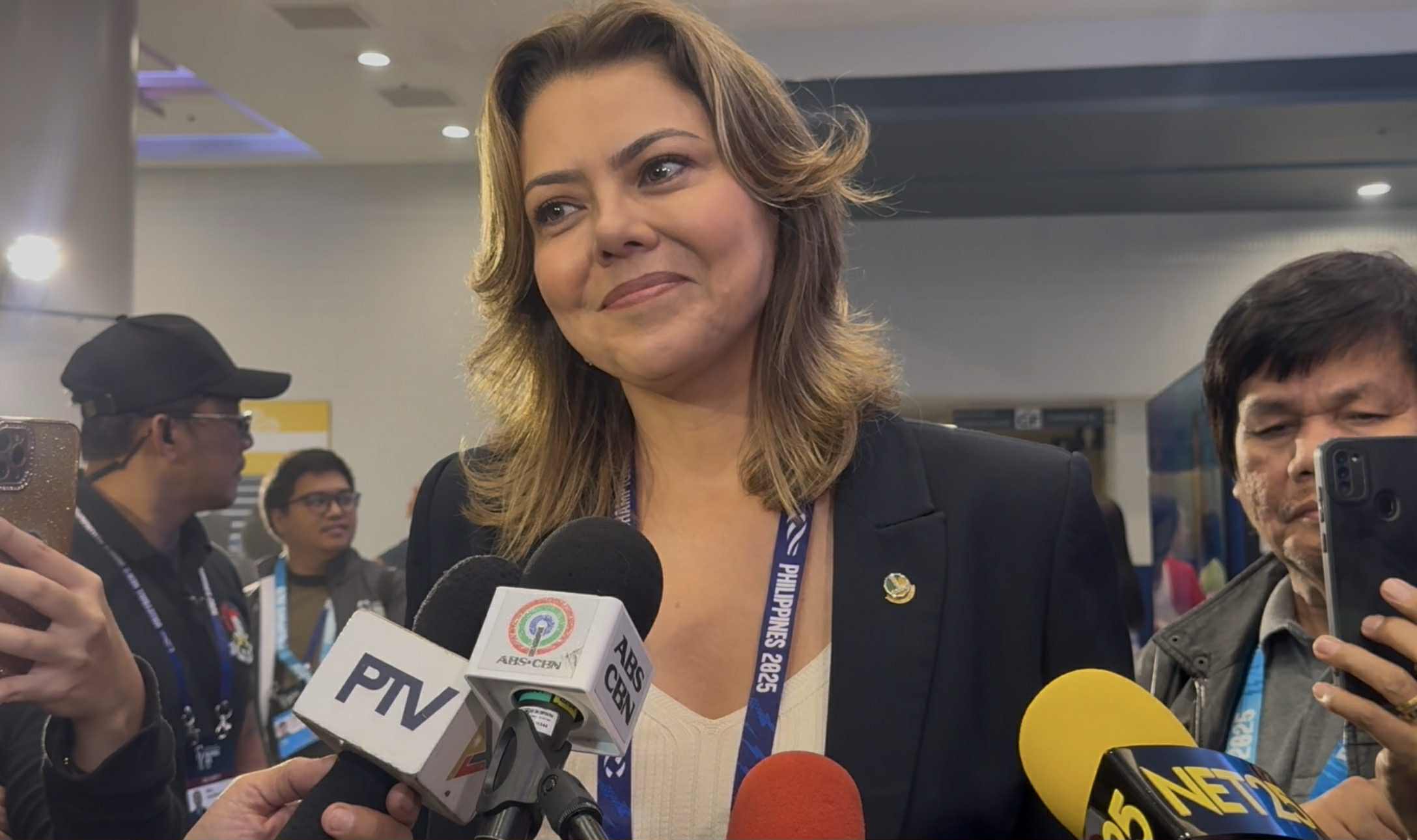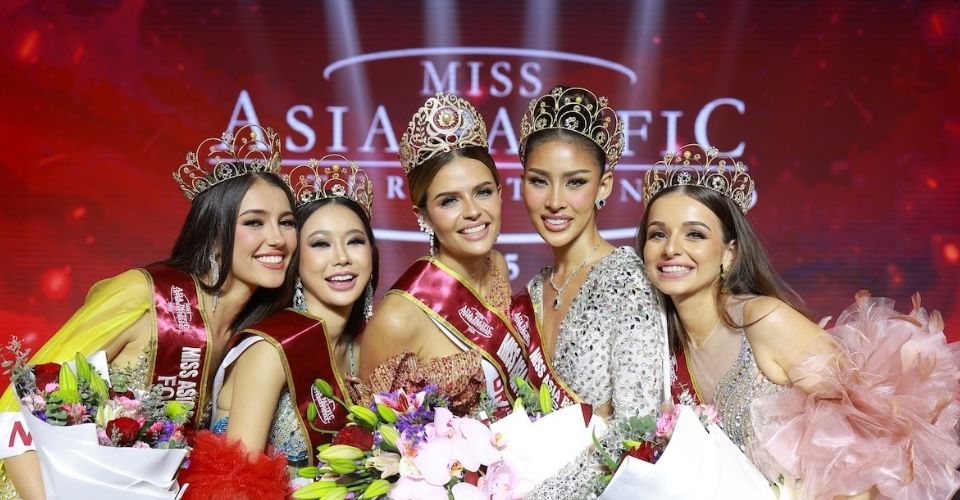In the Philippines, sports go beyond just games. They are powerful channels that cultivate deep connections between athletes and fans. Filipinos are known for their passionate support of their favorite players, forever cherishing those who inspire and entertain. Be it basketball, boxing, or volleyball, the love for athletes often extends beyond their skills on the court — it’s about the personalities, the stories, and the genuine bond formed with supporters. Among the many athletes adored here, one name that continues to be remembered deeply is the legendary Leila Barros. Her career, charisma, and presence have made her a beloved figure that fans remember and honor.

On September 27, Leila Barros made her highly anticipated return to Manila, re-entering the hearts of Filipino volleyball fans with her warmth and charm. She appeared at the Mall of Asia Arena as the guest of honor for the 2025 FIVB Volleyball Men’s World Championship, a moment that rekindled memories of her earlier visits and the affection she received from the Filipino people over 20 years ago. Leila’s comeback was greeted with overwhelming enthusiasm, a clear sign of how deeply she remains ingrained in the Philippine volleyball scene and in the hearts of countless Filipino supporters.

Reflecting on her feelings during her visit, Barros shared her heartfelt impressions. She said, “The memory that stands out the most is the natural empathy I felt as soon as I entered the stadium with Filipino people.” Her words capture the genuine connection she felt with her fans — a bond rooted in mutual appreciation and respect. Her prior appearances in the country, notably in the 2000 FIVB World Grand Prix and the 2004 Samsung FIVB World Grand Prix Women’s Volleyball held in the Philippines, helped boost volleyball’s popularity, and she recognized this only deepened her emotional ties to Filipino supporters.

Her return, she explained, was also triggered by her long-standing desire to reconnect. “In fact, for years, I’ve been receiving invitations to come to the Philippines. Then the longing really hit. I thought it was the right time to come to the Philippines, because I believe this is the moment when Filipino volleyball is growing,” she said in a separate interview. Her love for the country and its passionate sports culture was evident, and her decision to come back was driven by her sincere belief in the sport’s growth and the potential of Filipino volleyball.

Leila also expressed her surprise and gratitude for the ongoing love she continues to receive online, remarking, “I’m very surprised that it’s been years since and still on social media, I am getting a lot of love from Asian and Filipino fans.” Her humility and appreciation only reinforce her status as a beloved icon who has transcended generations and borders.

Leila’s journey extends beyond volleyball. Now a senator in Brazil, she has dedicated her life to advocating for women’s rights, environmental sustainability, and social development. “I am extremely happy to be here. My life has changed a lot ever since. I am now a senator in Brazil,” she shared. Her political career, which includes work on environmental issues and leadership in sports, demonstrates her commitment to making a positive impact in society. “In seven years, I have worked for the environment, for women, and now I’m a senator for the federal government and the president of the commission of sports,” she proudly added.

Her visit also served as an opportunity to celebrate her birthday, which falls on September 30. She shared a heartfelt moment with her Filipino fans, signing old photographs and creating new memories that would continue to strengthen the special bond they share. As she prepared to return home, her message was simple yet meaningful: “I am coming back to Brazil tomorrow, but I want to do my best to enjoy everything. And you all, enjoy the best volleyball and may the best team win.”

Leila Barros’ return to the Philippines more than two decades after her first visits focused on her influence and the growth of Filipino volleyball. She exemplifies how athletes can become more than just sports figures — they can become cultural icons, sources of inspiration, and symbols of lasting friendship between nations.












